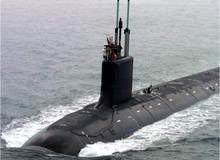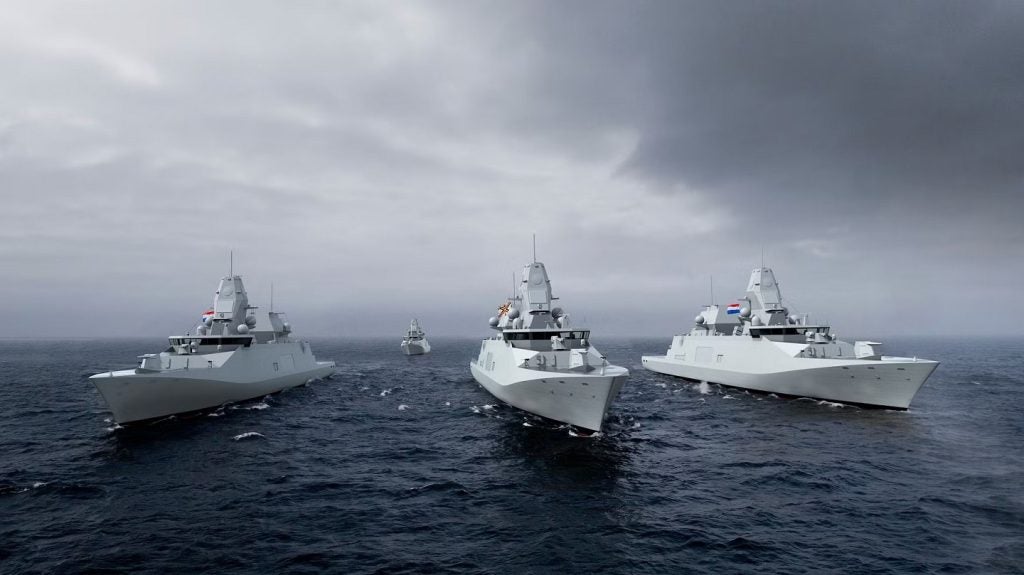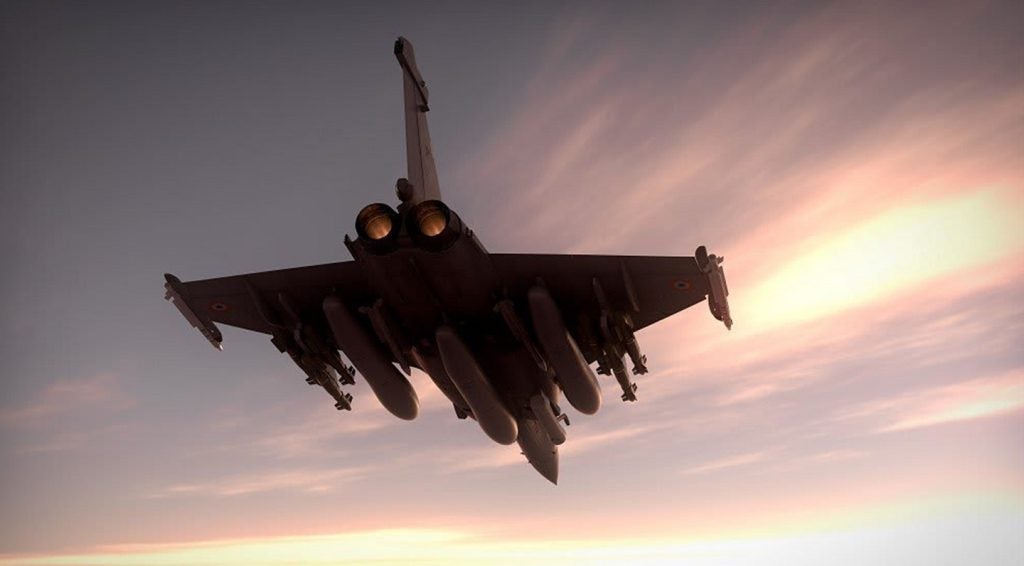
In July 2007, Brazilian President Lula da Silva announced $540m in new funding for Brazil's nuclear-powered submarine programme and related uranium enrichment efforts.
In January and February of 2008, Brazil and France hammered out a framework for a multi-service arms deal, under which Brazil would purchase France's diesel-electric Skorpene submarine – but only if France provided the technological assistance necessary for Brazil to put its own indigenously designed and constructed nuclear-powered sub in the water.
Lula and French President Sarkozy plan to meet again this year to flesh out the accord, which, if implemented successfully, would make Brazil the first Latin American nation to build and operate a nuclear submarine.
In a time of transnational paramilitary operations in South America and rising nuclear tension in the Middle East, one might have expected the phrase 'Brazilian nuclear sub' to raise eyebrows, if not pulse rates. Yet judging from the reaction in the world media, one would have been wrong.
How well do you really know your competitors?
Access the most comprehensive Company Profiles on the market, powered by GlobalData. Save hours of research. Gain competitive edge.

Thank you!
Your download email will arrive shortly
Not ready to buy yet? Download a free sample
We are confident about the unique quality of our Company Profiles. However, we want you to make the most beneficial decision for your business, so we offer a free sample that you can download by submitting the below form
By GlobalDataStill, the questions bear asking: why a submarine with a nuclear reactor, and why now?
See Also:
THE NUCLEAR QUESTION
Given Petrobras's recent discovery of the enormous Tupi offshore petroleum reserve, one might infer that Brazil wants a nuclear-powered submarine to protect its deepwater oilfields – but again, one would be wrong.
To begin with, the timing doesn't work: Brazil's Navy has had an on-again, off-again nuclear-powered submarine programme on the books since 1979. More importantly, submarines in general are not even the second best option for the problem of defending offshore fixed facilities.
Given that the Tupi field is a mere 250 miles south-west of Rio, fast surface warships, aircraft, and platform terminal defences would all be more effective at deterring the kind of low-intensity, surprise-oriented insurgent or terrorist attack that would be the most likely contingency here.
Moreover, even assuming that defending localised offshore resources required some form of sea control or denial, conventional submarines would actually be a more cost-effective choice than nuclear-powered ones.
COST VS EFFECTIVENESS
On the cost side of the equation, conventional submarines are cheaper. In the Franco-Brazilian arms deal, the price tag on the conventional Skorpene sub is $600m; in contrast, the Virginia Class nuclear-powered attack submarines currently entering the US Navy's inventory cost around $2.3bn.
Although such comparisons are necessarily inexact in terms of capability, the bottom line is that navies can buy multiple diesel-electric submarines for the price of one nuclear one.
On the effectiveness side of the equation, the key value-added of the nuclear submarine is that it can sail immense distances and stay underwater for months at a time – but these are exactly the qualities that are least important in controlling an area that is half an hour from the Brazilian coast by strike fighter.
On the other hand, diesel subs can operate completely silently using battery power, something that nuclear-powered submarines can't do because their reactors must always be running when underway. If an adversary knows where your submarines are going to be, then it behoves you to make them as quiet as possible.
A DEFENSIVE OFFENSIVE?
If nuclear-powered submarines are best suited for long-range, persistent power projection, the natural question is whether Brazil has a target in mind. The obvious candidate would be Venezuela, given the Castroite sympathies of Venezuelan President Hugo Chavez, Venezuela's recent arms build up – which may soon include a purchase of three Kilo Class Project 636 submarines from Russia – and border tensions with Colombia, which has accused Venezuela of aiding FARC
guerrillas.
However, Brazil and Venezuela are far from being inevitable adversaries. In a world of high oil prices, wars between oil producers are like two bartenders fighting each other during Friday happy hour – the incremental benefits are rarely worth the virtually guaranteed costs and missed opportunities.
Politically, Chavistas view the United States as the primary adversary of Latin American socialism; certainly, the combination of historical US military intervention in Latin America and the recent US justifications for military activity in the Middle East can serve as plausible grounds for a defensive military build up on Venezuela's part.
The 'defensive' label, however, leads toward the crux of the philosophical problem. Military weaponry as such is never purely offensive or defensive – hence the old aphorism that a good offense is the best defence – and usually, a mix of both is strategically prudent in a dynamic world. What does seem to hold constant, though, is that the combination of natural-resource wealth and military weakness invites aggression, and usually sooner rather than later.
Key segments of the Brazilian military certainly believe this. General Barros Moreira, currently Brazil's military attaché to the UN in Geneva and formerly a director of key leadership positions in the Army and the government, stated in a 2007 interview that Brazil has to 'choose a padlock that befits the riches in the safe', and later amplified this comment by observing that the ability to leverage nuclear-power technology into nuclear weapons development was a valuable if not critical asset.
By this reasoning, nuclear-powered submarines look less like padlocks and more like shotguns – but the larger point remains the same. To paraphrase General Moreira, Brazil has to adapt to the reality of the world. In turn, the world now has to adapt to the prospect of Brazilian nuclear submarines.







